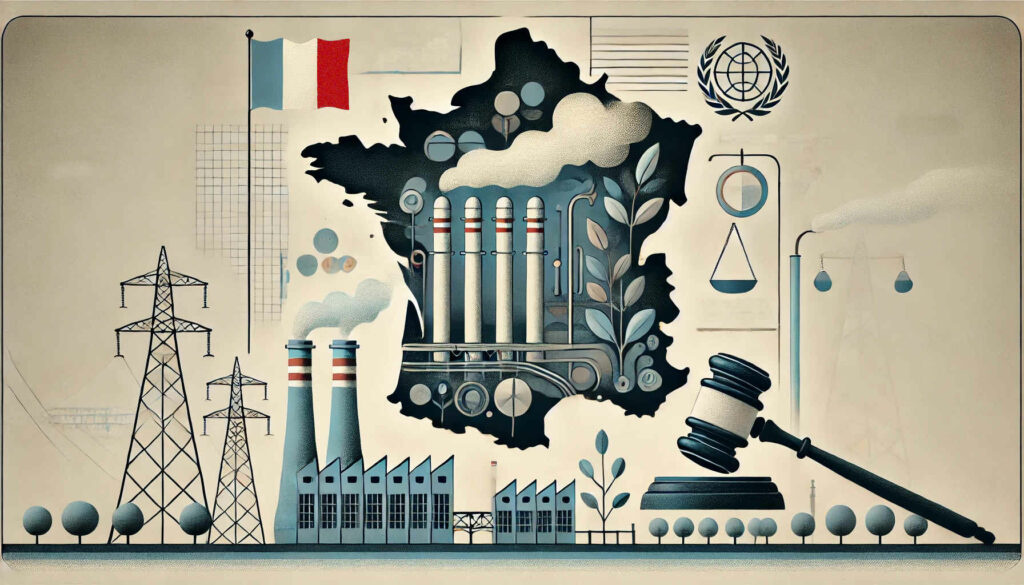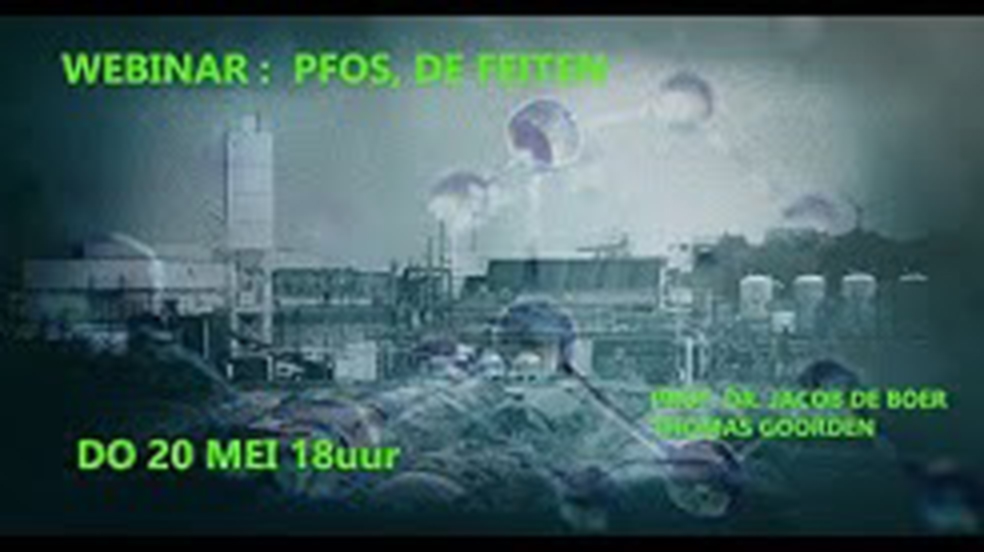20.02.2025 | Grondrecht
Frankrijk heeft een nieuwe wet goedgekeurd om de bevolking beter te beschermen tegen de risico’s van PFAS. De wet verbiedt het gebruik van deze ‘forever chemicals’ in drie productcategorieën en introduceert een heffing op industriële lozingen in water. Dit sluit aan bij het ‘vervuiler betaalt’-principe.
Vooruitstrevende wetgeving tegen PFAS
De Franse Assemblée Nationale en de Senaat hebben op 20 februari 2025 een wetsvoorstel aangenomen om het gebruik van per- en polyfluoralkylstoffen (PFAS) te beperken. De wet werd voorgesteld door Nicolas Thierry, parlementslid voor de Groenen, en wordt beschouwd als een van de strengste ter wereld. “In slechts tweeënhalf jaar tijd is dit onderwerp van een verborgen milieuprobleem uitgegroeid tot een nationale prioriteit,” verklaarde Thierry (Le Monde, 20 februari 2025).
Tot nu toe hebben slechts Denemarken (2020) en de Amerikaanse staat Maine (2021) soortgelijke wetten aangenomen. De Franse wet verbiedt vanaf 2026 de productie, invoer en verkoop van PFAS in drie consumentencategorieën: cosmetica, textiel (behalve beschermende werkkleding) en skiwax. Tegen 2030 zal het verbod uitgebreid worden naar alle textielsoorten.
Een volledig verbod op PFAS werd echter afgezwakt om politieke en industriële steun te garanderen. De oorspronkelijke tekst stelde een algeheel verbod tegen 2027 voor, behalve voor ‘essentiële toepassingen’ waarvoor geen alternatief bestaat. Thierry noemt het uitsluiten van kookgerei, onder druk van de industrie, zijn “grootste teleurstelling” (Le Parisien, 18 februari 2025).
Watervervuiling en ‘de vervuiler betaalt’
De wet bevat ook maatregelen tegen PFAS-vervuiling in water. Er wordt een heffing geïntroduceerd van €100 per 100 gram PFAS die in water wordt geloosd. Deze maatregel, gericht op grote chemiebedrijven zoals Arkema, Solvay en BASF, moet helpen bij de financiering van de zuivering van drinkwater (Le Monde, 20 februari 2025).
Daarnaast is er toenemende aandacht voor trifluorazijnzuur (TFA), een PFAS-verbinding die wijdverspreid voorkomt in lucht, bodem en water. De openbare watermaatschappij van Parijs overweegt juridische stappen om chemiebedrijven verantwoordelijk te stellen voor de saneringskosten, die volgens schattingen kunnen oplopen tot miljarden euro’s per jaar. Onderzoek van milieuwetenschapper Hans Peter Arp schat dat de totale kosten voor PFAS-vervuiling in Frankrijk jaarlijks €12 miljard kunnen bedragen (Le Monde, 20 februari 2025).
Meer transparantie en strengere controle
Een belangrijke stap in de wet is de uitbreiding van PFAS-controle in drinkwater. Regionale gezondheidsdiensten worden verplicht om openbaar informatie te publiceren met gegevens over PFAS-verontreiniging in kraan- en flessenwater. Verder moeten alle detecteerbare PFAS-verbindingen voortaan worden gemonitord in water, afhankelijk van lokale omstandigheden.
Een andere maatregel richt zich op industriële uitstoot: fabrieken krijgen vijf jaar de tijd om hun PFAS-lozingen in water volledig te stoppen. Parlementslid Thierry waarschuwde echter dat sommige bedrijven hun uitstoot mogelijk verplaatsen naar de lucht, wat strengere regelgeving op emissies noodzakelijk maakt (Le Monde, 20 februari 2025).
Ook de bescherming van werknemers in de chemische industrie krijgt aandacht. De vakbond CGT heeft op 6 februari 2025 een spoedoverleg met de regering gevraagd over de blootstelling van werknemers aan PFAS, die zij een ‘nieuwe gezondheidsschandaal’ noemt (Le Monde, 20 februari 2025).
Conclusie
Frankrijk zet een belangrijke stap in de strijd tegen PFAS-vervuiling. Hoewel het verbod niet zo breed is als aanvankelijk gepland, betekent de wet een van de strengste reguleringen van PFAS ter wereld. De komende jaren zullen uitwijzen of andere Europese landen dit voorbeeld volgen.
Bronnen: Le Monde (20 februari 2025), Le Parisien (18 februari 2025).
https://www.lemonde.fr/en/environment/article/2025/02/20/france-adopts-one-of-the-most-ambitious-laws-on-pfas_6738382_114.html



